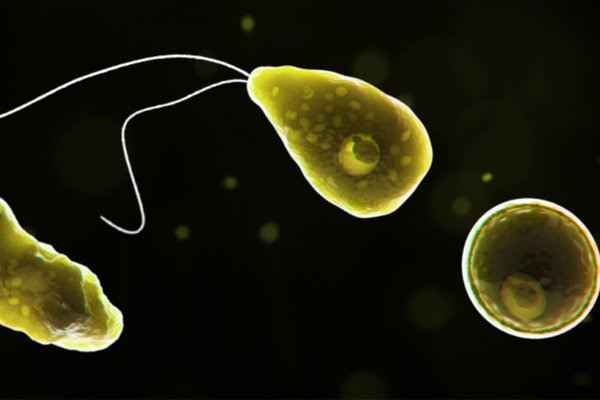An outbreak of Legionnaires’ disease in Atlanta has been linked to a Sheraton hotel downtown, and officials said dozens of people had likely been infected.
The Georgia Department of Public Health said Monday that in addition to 11 confirmed cases of people who contracted the disease, 55 more cases were “probable.” There have been no reported deaths but some people have been hospitalized, a spokeswoman said.
The Sheraton Atlanta Hotel, which is on Courtland Street, “voluntarily decided to close until the source of the Legionella is located and remediation is complete,” according to state officials.
The hotel closed on July 15 and, pending the results of an investigation and remediation, could reopen sometime in August. The Sheraton brand was acquired in 2016 by Marriott International, which did not immediately respond to a request for comment.
The first cases of Legionnaires’ disease tied to the hotel were confirmed about two weeks ago. County and state officials are surveying people who stayed there between June 12 and July 15, and they began collecting samples — water and swabs from hotel fixtures — on July 19.
Legionnaires’ disease is a type of pneumonia, or lung infection, that is fatal for about one in 10 people who are infected. People can contract it by inhaling small droplets of water contaminated with the bacterium Legionella.
The name stems from a 1976 convention for the American Legion, a veterans’ organization, in Philadelphia. An outbreak there killed dozens of attendees and baffled health officials.
Outbreaks often occur in hotels, hospitals or other buildings with water systems that are not well maintained, especially if the levels of chlorine or other disinfectants are low, or the water temperature is warm.
Not everyone exposed to the bacteria will contract the disease. The people most at risk include older adults, smokers and people with underlying medical conditions like lung disease.
There are at least 20 Legionnaires’ outbreaks reported — and about 5,000 cases diagnosed — every year, according to the Centers for Disease Control and Prevention. Symptoms include fever, chills, coughing and shortness of breath. Typically, the disease is successfully treated with antibiotics.
In Georgia, 189 cases of Legionnaires’ disease were reported in 2018, up from 172 cases in 2017.



